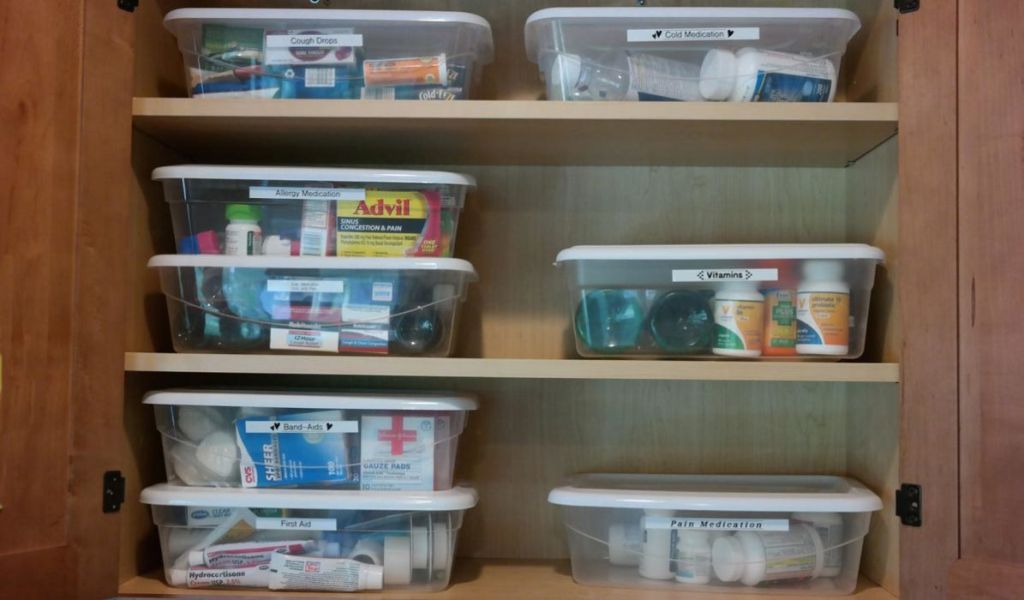Managing medications at home might seem simple, but it’s something many of us tend to overlook—until a mistake happens. Whether it’s storing pills in the wrong spot, mixing up labels, or forgetting to check expiration dates, small oversights can lead to big problems. Safe medication practices not only protect your health but also keep your loved ones, especially children and pets, out of harm’s way.
This blog is here to guide you through the essentials of storing and using medications with care. From avoiding common pitfalls to organizing your medicine cabinet effectively, we’ll share practical tips to make your home a safer place. Let’s dive in and ensure you’re handling your medications the right way—it’s easier than you think!
Why Safe Medication Practices Matter
Safe medication practices are essential for protecting the health and safety of everyone in your home. Improper storage can lead to serious risks, such as accidental ingestion by children or pets, which can have life-threatening consequences. Medications exposed to heat, light, or moisture may lose their effectiveness, compromising the treatment of illnesses. Additionally, expired medications can be harmful or ineffective, leading to dangerous outcomes if taken.
By following proper storage and handling practices, you reduce the risk of mistakes and ensure your medications work as intended. These simple steps not only safeguard your well-being but also create a secure environment for your loved ones. Understanding these risks emphasizes why a little extra care with your medications can make a big difference in keeping your home safe and your health on track.
Best Practices for Storing Medications at Home
Storing medications properly at home is crucial for ensuring they remain effective and safe to use. To start, always keep medications in a cool, dry place, away from moisture, heat, and direct sunlight. Bathrooms and kitchen shelves near the stove might seem convenient, but the humidity and temperature swings can degrade medications over time. Instead, opt for a cabinet or drawer in a room with stable conditions.
Using child-proof containers is a must if you share your home with children or pets. These secure options help prevent accidental ingestion and keep your loved ones safe. Organizing your medications can also make a difference; consider grouping similar items together and labeling sections to avoid mix-ups.
Importantly, always leave medications in their original packaging. The labels provide critical information like dosage and expiration dates, and the packaging helps protect the medication from environmental factors. With these practices, you can maintain a safe and organized medicine storage system.

Be Cautious with Specialty Items Like Bacteriostatic Water
What is Bacteriostatic Water? It’s a type of sterile water that contains a small amount of benzyl alcohol, which inhibits bacterial growth. Often used to dilute medications or in injections, bacteriostatic water is common in medical care at home.
Use as Directed: Only use bacteriostatic water for its intended purpose and follow proper handling techniques to maintain sterility.
Common Medication Storage Mistakes to Avoid
Storing medications at home may seem simple, but common mistakes can put you and your loved ones at risk. One major error is keeping medications in the bathroom or kitchen. The heat and humidity in these areas can cause medications to degrade, making them less effective. Instead, choose a cool, dry spot with stable conditions. Another mistake is mixing different medications in the same container. This practice can lead to confusion, incorrect use, or even harmful interactions if the medications aren’t properly labeled.
Failing to check expiration dates is another common issue. Expired medications may lose potency or become harmful over time. Always make it a point to review your medicine cabinet regularly and dispose of any out-of-date items. Lastly, leaving medications within reach of children or pets can have serious, even life-threatening, consequences. Store them in secure, child-proof containers and always keep them out of sight and reach. Avoiding these errors will help make your home safer for everyone.
Medication Safety at Home
Medications are vital for managing our health but demand caution and responsibility, particularly in households with children, pets, or elderly adults. Storing medications safely, educating family members, and following correct usage practices can reduce risks significantly.
Have questions about specific medications like bacteriostatic water or other specialty items? Reach out to your pharmacist or doctor for guidance. Staying informed and proactive is the best way to ensure medication safety at home while keeping every family member healthy and secure.
